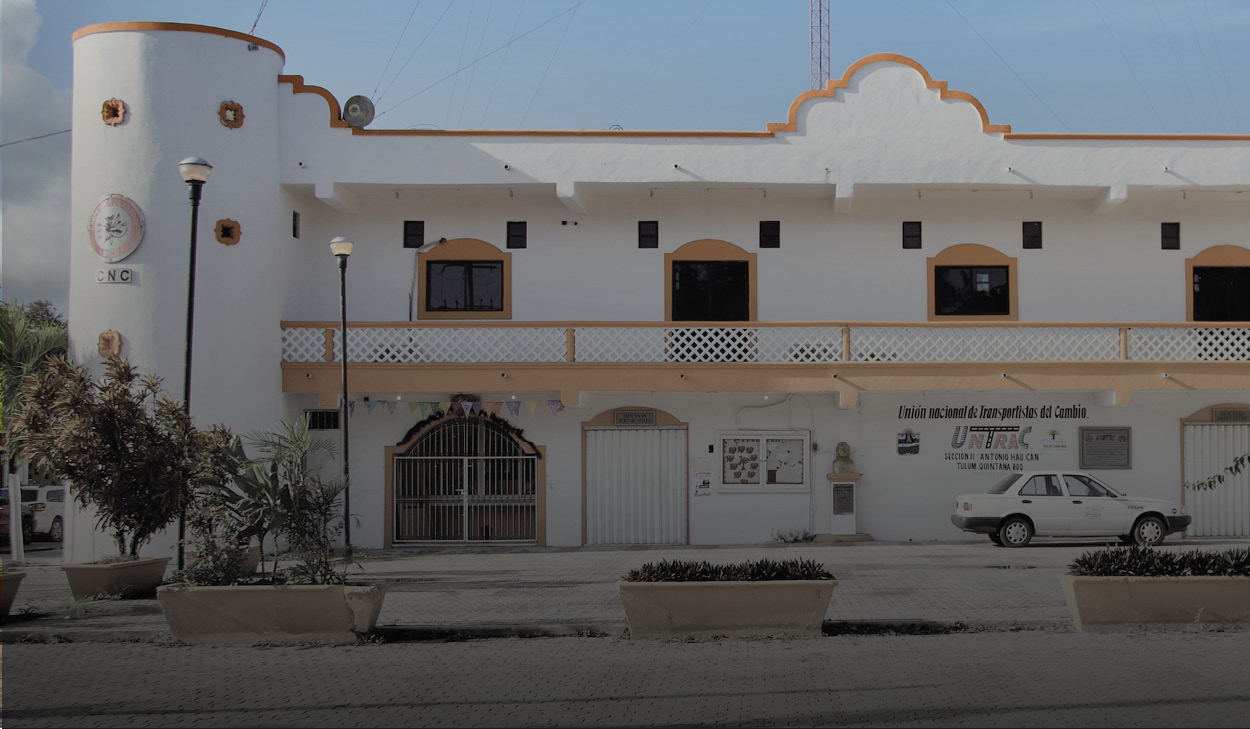Paul Whelan’s arrest and subsequent conviction for espionage in Russia has raised concerns over the use of detention as a tool for political manoeuvring on the international arena. Cvete Koneska argues that Russia’s recent record suggests foreign nationals visiting the country will face a growing risk of wrongful detention.
In June, a Moscow court sentenced Paul Whelan, a US ex-marine, to 16 years in prison for alleged espionage. While these charges are likely exaggerated or false, Whelan’s lawyer indicated that he would potentially be released in a prisoner swap in exchange for Russian nationals detained in the US.
Between domestic and foreign policies
In domestic politics sovereignty norms allow governments to exercise power with almost no constraints from external interference. However, foreign policy is subject to more constraints. Governments are expected to follow a set of written and informal norms when interacting with other states, or risk confrontation with states or international bodies. These limitations mean that some governments will seek ways to expand their influence and circumvent international norms.
Against this context, the detention of foreign citizens is becoming an unlikely but effective foreign policy tool. By enabling states to use their domestic law enforcement powers against foreign citizens, it extends state influence beyond national borders. Therefore, it is not surprising that cases of wrongful arrest or detention of foreign citizens have become more prominent over the past few years. As rivalries between Russia and the West escalated since 2014-15, the number of wrongful detentions of foreign citizens in Russia seems to have grown.
This trend is likely to persist in the next few years, driven by growing geopolitical rivalries between Russia and the West, and continued political interference in the judiciary in Russia.
The detention of foreign citizens is becoming an unlikely but effective foreign policy tool.
Tit for tat
Notwithstanding the specific case details, there is a common thread among many instances of wrongful detention. In many cases the charges seem exaggerated and the sentences disproportionate, suggesting a political background to the proceedings. Moreover, often such cases lead to swap of prisoners or are used to secure other concessions in disputes or negotiations with other states. Such instrumental use of detained persons suggests they are valuable currency in Russia’s policy towards the West and will therefore remain a tool that the Russian authorities use. As the most recent cases with the US and Israeli citizens show, these individuals’ freedom can be traded for that of Russian citizens detained abroad or for other concessions and bilateral relations with their states.
Recent numbers confirm that there is an increase in detention of foreign citizens in Russia. Although Russia still has one of the highest prison rates per capita in Europe, the prison population has been steadily declining over the past fifteen years. However, the number of foreigners in Russian prisons has increased over the past few years. The divergent trends imply that there are different drivers behind the trajectories of domestic and foreign prison populations, with the latter most likely shaped by Russian foreign policy concerns. For instance, the increase in foreigners detained and imprisoned in Russia is likely to be closely correlated to the increase in arrests of Russian cybercriminals in the US over the past few years. To boost the chances of their release in prisoner exchange, Russian authorities may be more vigilant in policing US citizens’ activities while in Russia.
Political interference
Despite the foreign policy incentives, wrongful detention and arrest would be unlikely to increase if Russia’s judiciary operated independently from political and executive interference. However, this trend is enabled and amplified by persistent political influence on judicial institutions, which are therefore not operating independently from government institutions and law enforcement agencies. This will not change in the short term, as thorough judicial reform is unlikely in the next year. Moreover, reform of law enforcement and investigative bodies is equally unlikely, despite regular criticisms about their conduct from domestic opposition and international organisations. Taken together, the government’s continued use of the judicial and law enforcement bodies as a political tool against its domestic opponents or its foreign rivals means that wrongful detention will continue to pose a risk to foreign nationals travelling or residing in Russia.
Who is at risk?
Although any foreign citizen is potentially at risk of wrongful detention and arrest, the risks tend to be higher for some nationalities and profiles. US citizens, and citizens of other Western countries would face a higher risk, as would individuals with government, intelligence and military background. Such profiles would make more attractive targets and would be more credible subjects for allegations of spying or other crimes that can be linked to Russian national security. In addition, taking part in some higher risk activities would increase the chances of detention or arrest. For instance, attending formal or informal protests or any anti-government events or political rallies would substantially increase the likelihood of detention. Equally, sport events that are likely to escalate to violence, such as some football matches would also pose a higher risk of detention.




 Email Cvete
Email Cvete





 @SRMInform
@SRMInform
 S-RM
S-RM
 hello@s-rminform.com
hello@s-rminform.com

